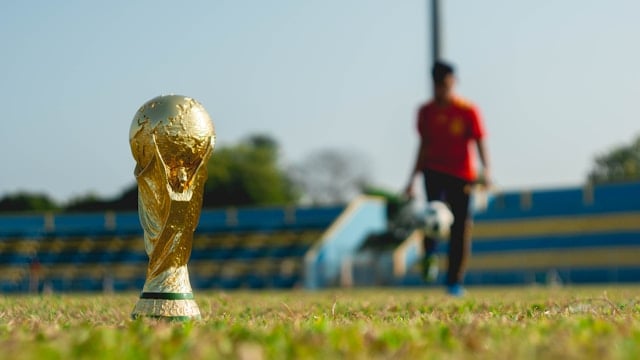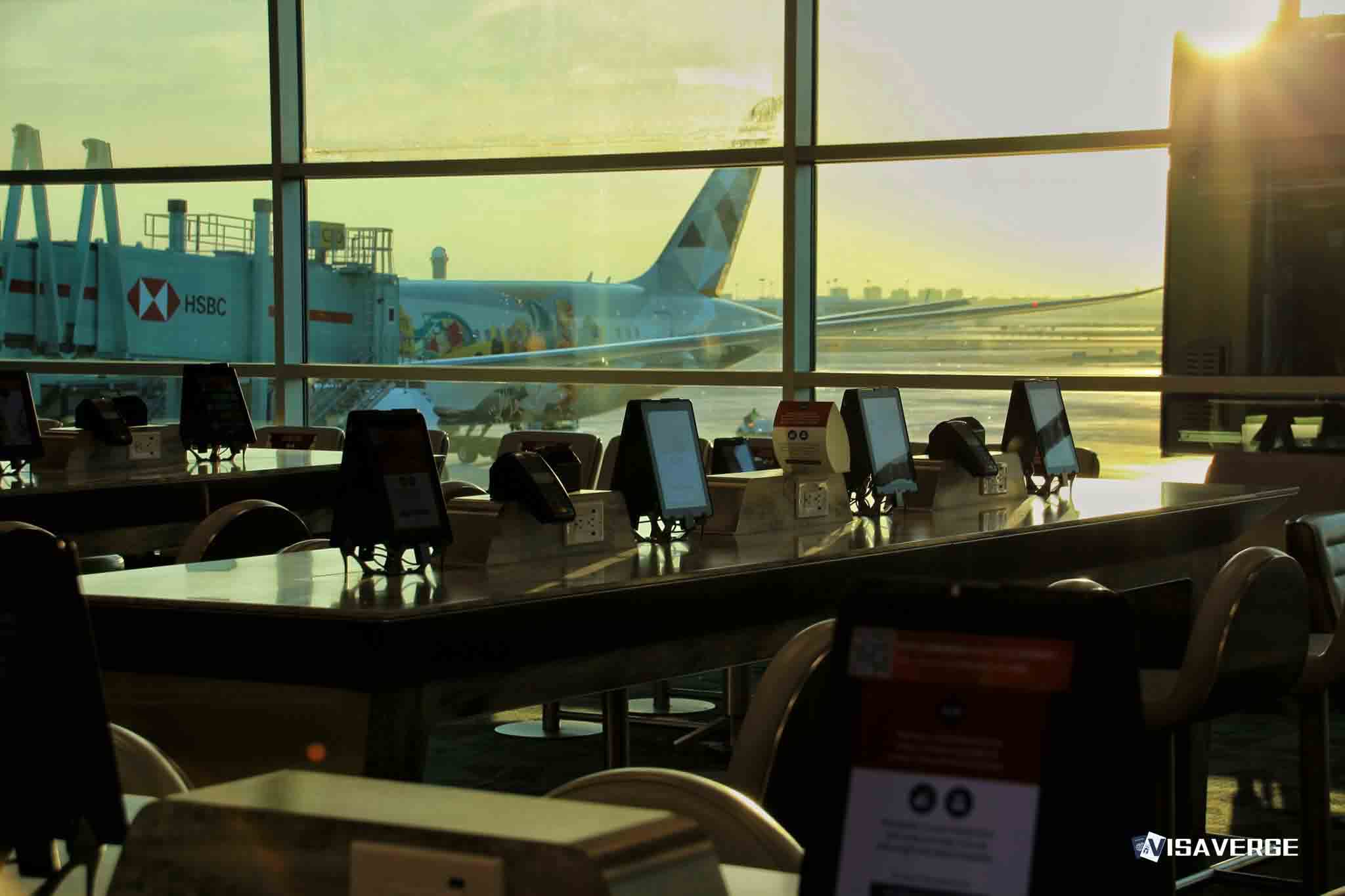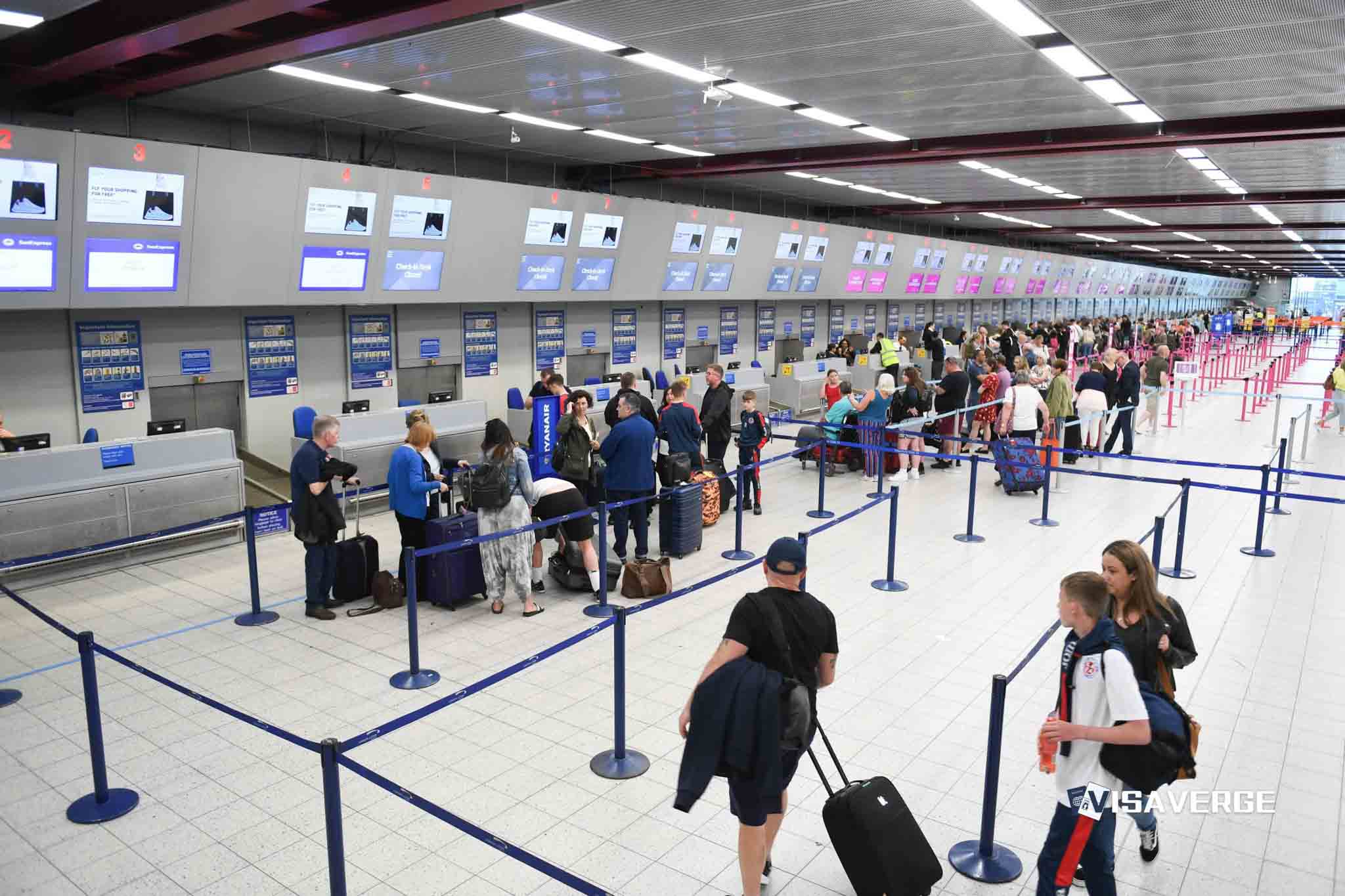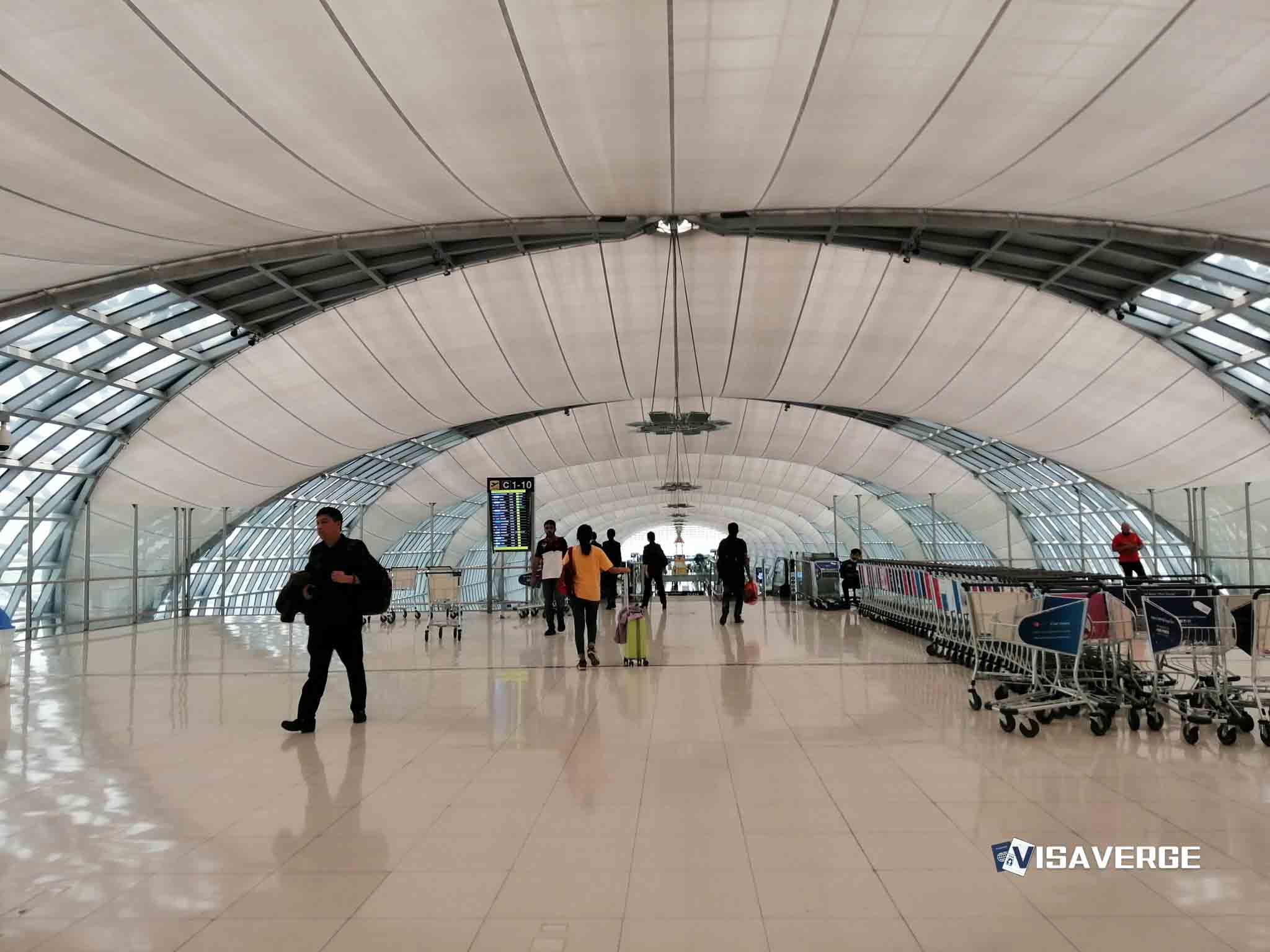(WASHINGTON, D.C.) Iran said Thursday it will boycott the 2026 FIFA World Cup draw in Washington, D.C., after the United States denied visas to senior members of its football delegation, throwing political tensions into preparations for the tournament. The draw, scheduled for December 5, 2025, is a key step before the World Cup starts across the United States, Mexico and Canada in June 2026, but Iran says it cannot attend under the current visa restrictions.
Federation officials said they informed FIFA of their decision and would not send representatives to the ceremony unless the visa refusals are reversed.

Who announced the boycott and when
The Iranian Football Federation (FFIRI) announced the boycott on November 28, 2025, after talks with the country’s Ministry of Sports and Youth and Ministry of Foreign Affairs.
- Mehdi Taj (FFIRI president) and Mehdi Nabi (vice president) were among those denied visas.
- The denials meant Iran’s top football leadership would have been absent even if a smaller delegation were allowed to travel.
FFIRI spokesperson Amir Mehdi Alavi called the situation “unprecedented” in Iran’s football history, saying teams and officials had previously entered the United States for tournaments without problems.
“This has never happened,” he said.
Iran’s response and appeal to FIFA
Taj described the visa refusal as a “purely political position” by the United States and urged FIFA to step in.
- He said: “When a country is hosting the World Cup, it must act fairly toward all qualified teams,” arguing that politics should not decide who can attend official events.
- FFIRI said it had written to FIFA president Gianni Infantino and secretary general Mattias Grafström demanding an explanation and asking FIFA to press U.S. authorities to change course.
According to the federation, FIFA replied that it would examine the situation and contact organizers in the United States.
U.S. visa policy at issue
U.S. officials have not publicly commented on the individual cases, but the denials appear linked to a Presidential Proclamation effective June 9, 2025.
- The proclamation suspended visa issuance for nationals of 19 countries, including Iran, in most categories.
- It was issued on national security and public safety grounds and directs consular officers to refuse almost all visitor, work, and family visas for affected states unless the secretary of state or attorney general approves an exception.
According to the U.S. Presidential Proclamation effective June 9, 2025, exceptions are granted rarely and only when there is a U.S. interest.
According to the U.S. Department of State’s visa guidance, exceptions are granted rarely and only when there is a U.S. interest.
Quick reference table: Visa policy highlights
| Item | Detail |
|---|---|
| Effective date | June 9, 2025 |
| Scope | Suspension of most visitor, work, and family visas for nationals of 19 countries (including Iran) |
| Exception authority | Secretary of State or Attorney General |
| Guidance | Exceptions are rare — see U.S. Department of State’s visa guidance |
Implications for Team Melli and preparations
Iran’s national team, Team Melli, qualified for the 2026 tournament in March 2025, earning a fourth straight World Cup appearance and seventh overall. The team has never progressed beyond the group stage.
- Taj said taking part in the 2026 FIFA World Cup draw in Washington, D.C. was meant to show Iran intends to compete seriously despite political strains with the host nation.
- Federation officials worry the boycott and visa limits could complicate:
- training camps,
- friendly matches,
- logistics inside the United States during the tournament.
Alavi said the federation had not expected to fall under the tightest parts of the new policy, because sporting delegations have often received visas even when wider travel bans were in place.
“The World Cup is supposed to bring countries together, not keep them apart at the visa window,” he said, describing the United States’ stance as a sharp break with previous practice toward Iran’s teams.
The dispute adds to long-running political friction between Tehran and Washington, which have not had formal diplomatic ties since 1980 and clash over Iran’s nuclear program, regional role and human rights.
Impact on FIFA and tournament organizers
For FIFA and local organizers in the United States, the dispute raises fresh questions about how to host a global event when some visiting countries are affected by broad security rules.
- According to analysis by VisaVerge.com, national teams often rely on advance planning for visas, training bases and travel routes.
- Even modest delays can disrupt preparation for a month-long competition.
FIFA has not suggested moving the 2026 FIFA World Cup draw from Washington, D.C., but people close to several teams say they expect visa arguments as the tournament nears and plans are set.
Domestic reaction in Iran
Within Iran, the boycott decision has drawn mixed reactions among fans and former players.
- Some argue the federation should send a reduced group rather than stay away entirely, warning that absence might give the impression Iran is unwilling to take part in official World Cup events.
- Others back Taj’s tougher line, saying attending after senior leaders were rejected would be a national humiliation.
State media have largely supported the federation, framing the U.S. decision as an example of what they call hostile American policy toward Iran.
Legal perspective from U.S. immigration lawyers
Immigration lawyers in Washington say the incident underlines how wide the June proclamation is, even though its full text leaves room for case-by-case waivers.
- Consular officers are under pressure to follow the suspension of visas strictly, making it hard to approve travel even for high-profile guests invited to events like the 2026 World Cup draw.
- One attorney said privately that many sports bodies had assumed they would receive group exemptions similar to those granted for earlier tournaments in the United States, and were surprised to see delegations refused.
What happens next
For now, Iran says its participation in the tournament itself is not in doubt, and players continue to train at home and with their clubs.
- Officials warn that if the visa dispute is not settled before FIFA holds other workshops, referee briefings and team visits in the United States, they may face fresh choices about whether to attend.
- The case will test how far host countries must go to honor their promise to welcome every qualified team and official, even when security policies are in force.
Fans across Iran and the United States will be watching as the situation develops.
Iran announced a boycott of the 2026 FIFA World Cup draw in Washington after U.S. consular offices denied visas to senior FFIRI officials, citing a Presidential Proclamation effective June 9, 2025, that suspended many visas for nationals of 19 countries. FFIRI has appealed to FIFA for intervention while stressing Team Melli’s tournament qualification in March 2025 remains intact. The dispute raises concerns about training, friendlies and logistics as organizers prepare for the United States-, Mexico- and Canada-hosted tournament.






